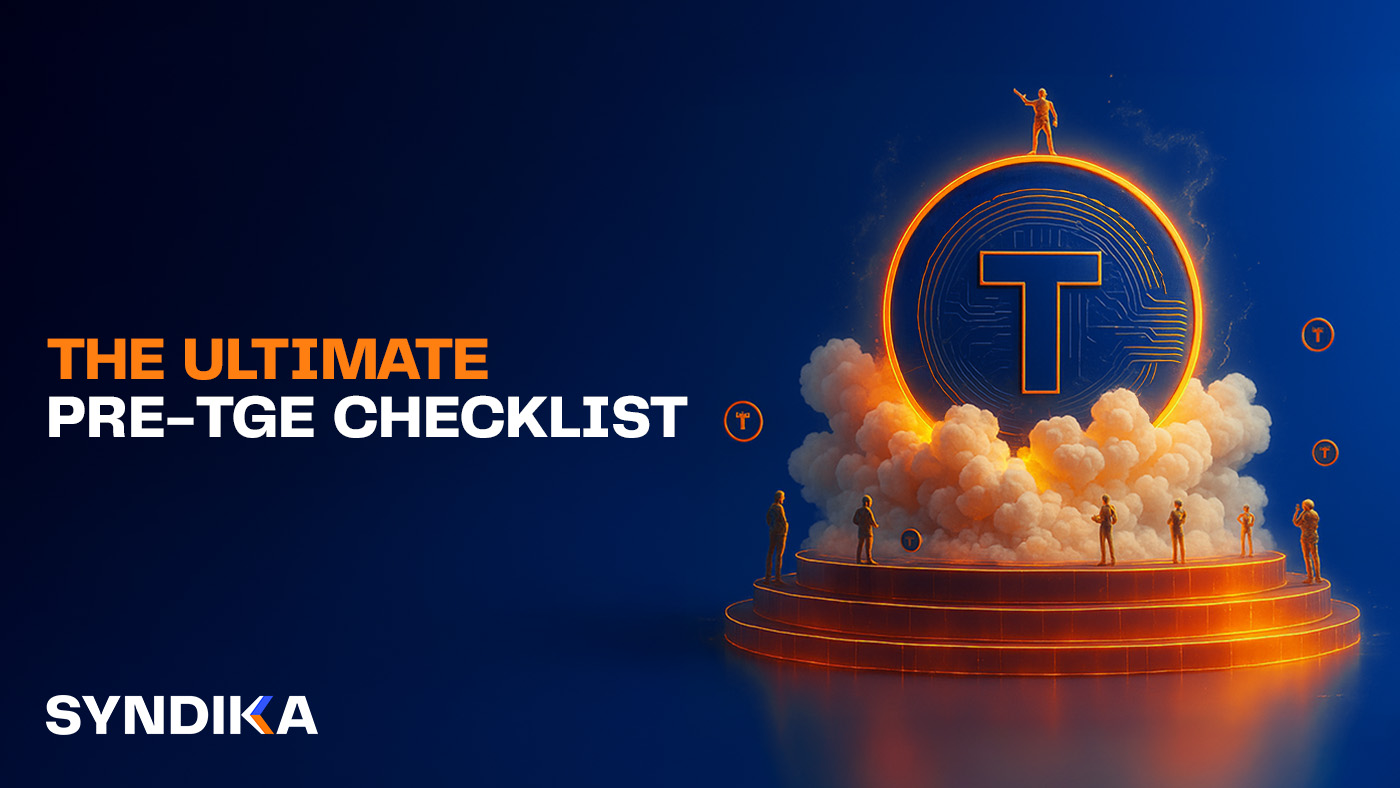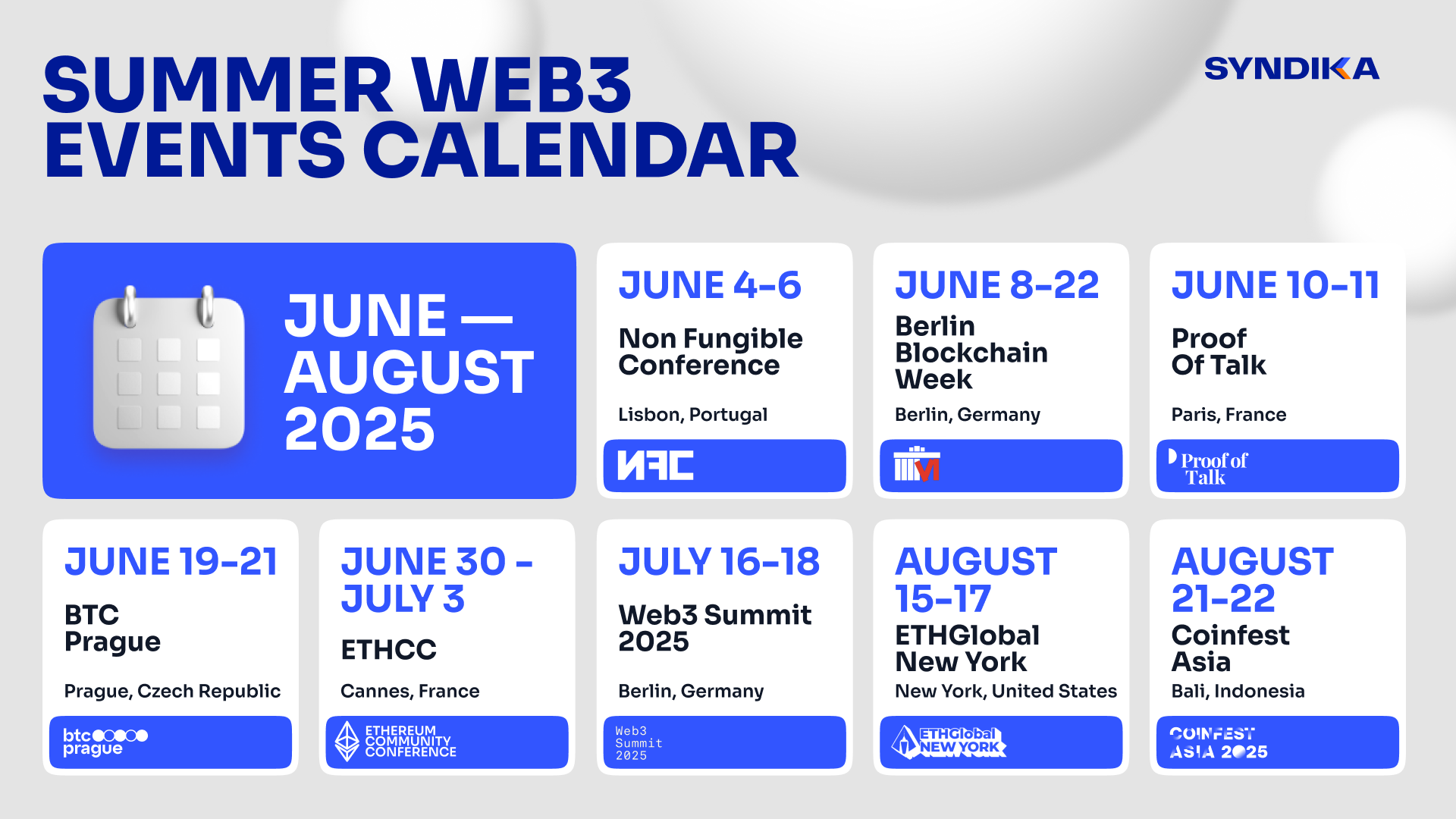
The Metaverse has become a buzzword since 2021 (thank you, Facebook), gradually bringing to life a concept once only imagined in the realm of science fiction.
Whether you think of it as the future of the Internet, the Web of activities, a virtual world that connects all other virtual sub-worlds, or a massively scaled, interactive, and interoperable real-time platform comprising interconnected virtual worlds, the Metaverse represents an exciting frontier, teeming with business opportunities yet also stirring confusion with its numerous misconceptions which we are going to dispel in this article.
After diving into Neal Stephenson’s 1992 novel “Snow Crash” (OK, after watching Steven Spielberg’s “Ready Player One”), many of us envision the Metaverse as a three-dimensional realm where anyone can meet, interact, play, and collaborate through avatars.
Although there are many Metaverse initiatives in existence, such as Minecraft, Roblox, Decentraland, Sandbox, Facebook Horizon, and more, we must admit: we’re still many years away from a fully realized Metaverse.
Let’s take a look at the 5 most common Metaverse-related misconceptions and debunk them like Mythbusters.
Misconception #1. There will be only one Metaverse
In its essence, the Metaverse is a collective term for the constantly evolving, interconnected, and ideally, interoperable digital worlds where real-time interactions, transactions, and experiences can occur.
However, suggesting that there will be just one Metaverse reveals a lack of comprehension regarding the vast potential of the forthcoming Metaverse reality. Even now, there are companies actively constructing new Metaverse economies.
This implies that the future of the Metaverse holds far more exhilarating possibilities and isn’t limited to a single economy. When the Metaverse does come, we can expect interconnected sub-worlds within the Metaverse, alongside autonomous Metaverses that generate their own distinct virtual realms.
Misconception #2. Schrödinger’s cat issue on the Web: The Metaverse is either dead or already here
Much like with any emerging technology, there will always be people proclaiming that we are already living in the Metaverse, and the Metaverse opponents, like Business Insider, asserting the Metaverse has already died after being left by the business world.
In truth, it’s been too little time since the Metaverse products started to be actively introduced. Thus, it’s too early to both declare that the Metaverse is fully formed or that it’s been abandoned due to unsuccessful attempts to gain interest (e.g., according to Business Insider, Decentraland, the most well-funded Metaverse platform, only had around 38 active users a day).
What is really clear is that the Metaverse is being actively developed. The world’s major tech players like Microsoft, Google, Amazon, Apple, etc. are building their Metaverse products, and the overall Metaverse market is expected to top $936,56 billion by 2030.
However, a range of challenges currently complicate the Metaverse development and user engagement, including:
– Interoperability problems
Similar to the Web3 world, where different chains are still incompatible, transitioning from one Metaverse platform to another remains impossible at present. Different Metaverse worlds exist as siloed products, further complicating the situation. The development of open standards, on the other hand, would require Metaverse companies to relinquish their intellectual property rights, an action that most, understandably, would be reluctant to take.
-Adoption blockers
Currently, about 60% of all Metaverse users are Generation Z representatives. McKinsey & Co’s research indicates millennials show the greatest awareness of the Metaverse concepts. Still, these stats highlight the current youth-centric focus of the Metaverse, raising questions about broader adoption among older generations.
Companies will need to work diligently to provide intuitive user experiences to gain widespread Metaverse adoption—a process that is likely to take at least several years (if not tens of years).
-Expenses issues
Currently, engaging with the Metaverse platforms is costly. The Metaverse transactions typically involve digital assets such as cryptocurrency and NFTs, which are not inexpensive. Some platforms require paid subscriptions, and different Metaverse experiences, like purchasing items within the Metaverse games, buying virtual land, etc. may be pricey, too (although the Metaverse land prices have dropped since 2021, as of Aug. 1 2022, an average cost for a piece of land made $5,163).
Misconception #3. The Metaverse is solely about gaming

This is a misconception that, surprisingly, persists. To clarify, the Metaverse is not confined to Web3 gaming alone.
Although in 2022, the gaming industry surpassed the market size of movies and sports combined in 2020, it’s just one of the many activities one can engage in within the Metaverse. In fact, it can be also regarded as a testing ground for numerous Web3 businesses aiming to explore the Metaverse’s capabilities before expanding their products there.
In “5 Potential Benefits Blockchain could offer to Startups and Corporations”, we briefly talked about the new business opportunities that the Metaverse can open. Here are other use cases that are being actively developed within the Metaverse:
E-commerce: The Metaverse possesses the potential to utterly transform our shopping experiences. Imagine virtual stores where customers can try on clothes or other items, with purchases completed within these very Metaverse stores.
Entertainment: The possibilities for entertainment in the Metaverse are nearly limitless. People can attend virtual concerts (one out of five Metaverse users has already experienced virtual live events such as concerts and film festivals), explore virtual museums and exhibitions, participate in a multitude of events, and so much more.
Education and Training: Companies can utilize the Metaverse to conduct virtual employee training or customer onboarding, leveraging avatars in the Metaverse world.
Recruitment: The Metaverse offers unique opportunities for job candidate assessment. Prospective employees can experience a day in the life of a certain role to determine its suitability.
Banking: Financial institutions are contemplating innovative opportunities in the Metaverse, ranging from visiting virtual branches and touring houses with a mortgage broker in real time, to buying and selling virtual assets through crypto wallets, or even insuring and lending against crypto assets or NFTs.
Even governments are starting to explore the Metaverse. This clearly suggests that a) gaming is far from being the sole activity within the Metaverse and b) the Metaverse is here to stay.
Misconception #4. The Metaverse is strictly virtual reality
Do you still believe that you can access the Metaverse only through VR equipment?
Equating the Metaverse exclusively with VR is like assuming the internet can only be accessed via your phone. Similar to your phone, VR glasses are just one way of engaging with the Metaverse.
Though we haven’t fully realized the Metaverse as its creators would like to see it, even now you can participate in some Metaverse experiences via your phone. Companies like Google, Cryptovoxels, The Sandbox, and many other ecosystem players already offer mobile-friendly Metaverse products. In the future, you’ll be able to access the Metaverse via your smartphone, computer, or laptop.
Misconception #5. Only professionals can earn money in the Metaverse

Given that the Metaverse is still new, with only a few years under its belt, it’s common for many Web3 users to perceive its monetization prospects as exclusive to those involved in its building.
Nevertheless, you don’t have to be a Web3 game or virtual reality designer, or a Web3 developer to extract value from the Metaverse.
Here are a few simple yet effective opportunities that do not demand professional expertise:
-Playing-to-earn
One of the most engaging methods for non-Web3 specialists to make money within the Metaverse is through various Metaverse games. A number of these games offer rewards to players according to their in-game performance. By this means, gamers can earn cryptocurrency, overcoming challenges presented in the games.
An additional, already prevalent tactic in the Metaverse games is renting out your in-game item to those keen on experiencing the Metaverse gaming without making significant monetary commitments.
-Token selling
If you’re not a Web3 gamer, you can still capitalize on the Metaverse by trading your Metaverse token or by designing and selling your 3D NFT on a Metaverse marketplace.
-Community management
If you’re not inclined to invest and trade in cryptocurrency, but are nonetheless eager to profit from your Metaverse involvement, you might consider becoming a community moderator. This role is in demand as it aids the Metaverse companies in effectively managing their growing communities.
-Virtual real estate lending
If you’re an owner of the Metaverses’ virtual land situated in a desirable location, you might consider renting it out. Companies and individuals are actively in search of prime locations to showcase their products and services in the Metaverse. As with the real world, the rental value is influenced by proximity to the heart of the virtual city. Users can post these Metaverse lands for lending on in-game marketplaces and secondary marketplaces as a means of income.
And One More Thing…
This article isn’t a final verdict, but an attempt to bring clarity to a complex and rapidly growing Metaverse by our team of Web3 professionals. As technology continues to advance and more sectors start to interact with this new digital realm, we may soon find these misconceptions replaced with a new set of challenges and opportunities.
Keep an open mind and stay tuned – the journey to the Metaverse is just getting started. 😉
Got Web3 questions?
We’ve got answers and would be happy to discuss them with you




